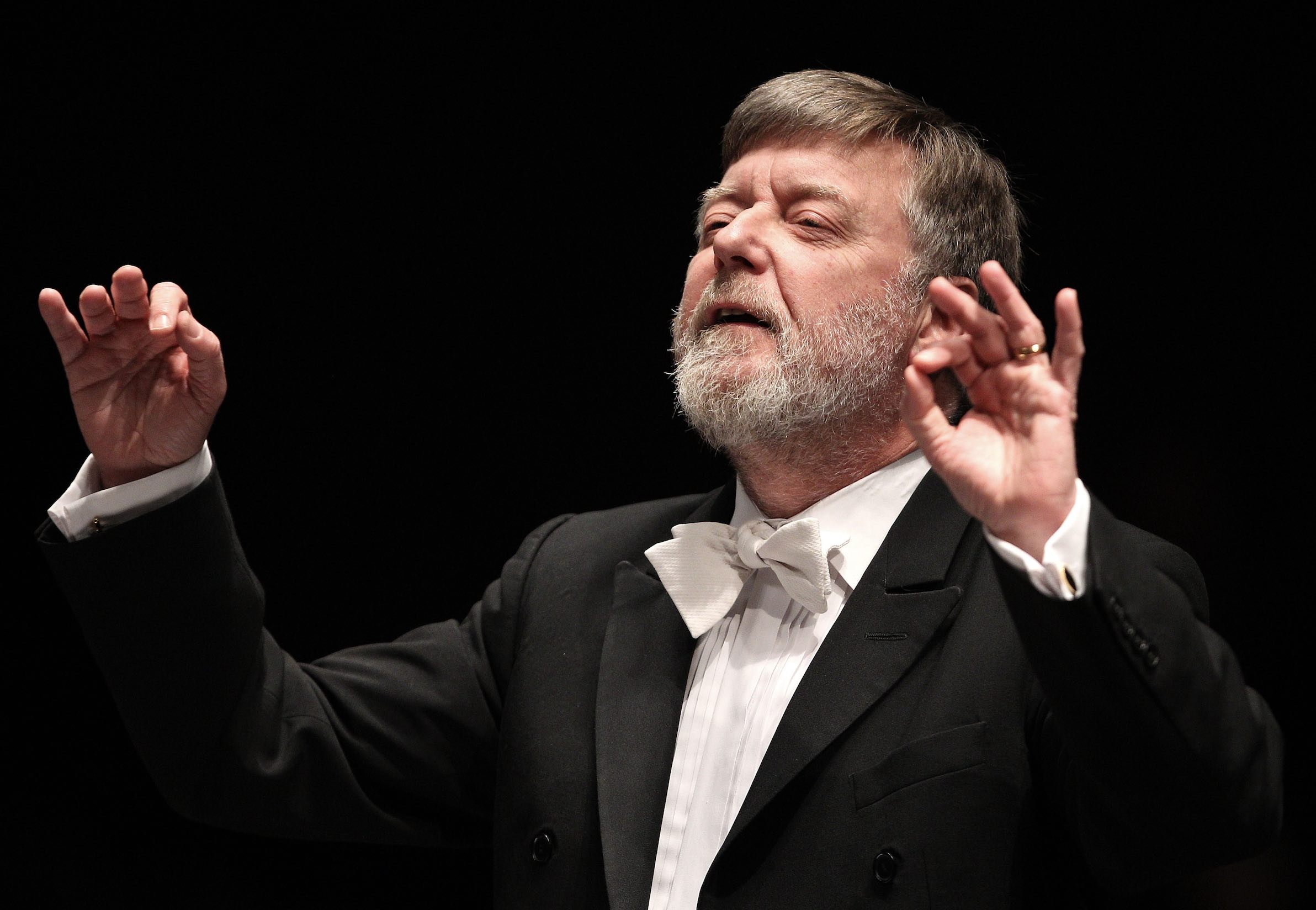Ah, ’tis the season for Handel’s Messiah! Or, more accurately, now that Melbourne’s pandemic-related restrictions on concert-making are in abeyance, ’tis once again the season… Hallelujah, indeed!
Melbourne already has its own small place in the work’s performance history; only last week the Royal Melbourne Philharmonic Choir & Orchestra performed the oratorio for a record-beating 238th time since 1853.

Sir Andrew Davis. Photo © Lucas Dawson
The work itself was composed in 1741 over a whirlwind 24-day period, a frenetic level of productivity helped by Handel adapting earlier compositions for several of its movements. For instance, his secular duet, Nò, di voi non vo’ fidarmi HWV 189 provided the principal material for the chorus For Unto Us a Child is Born, and this also explains the otherwise surprising emphasis he gives to the conjunction “For”.
Arrangement is thus part of the work’s origin story. So too is a degree of licence with regards to how it should be realised. The performing forces for the work’s premiere in Dublin in 1742 were strings, trumpet and timpani (and Handel himself on the organ) plus 16 men and 16 boy choristers, with soloists...










Comments
Log in to join the conversation.